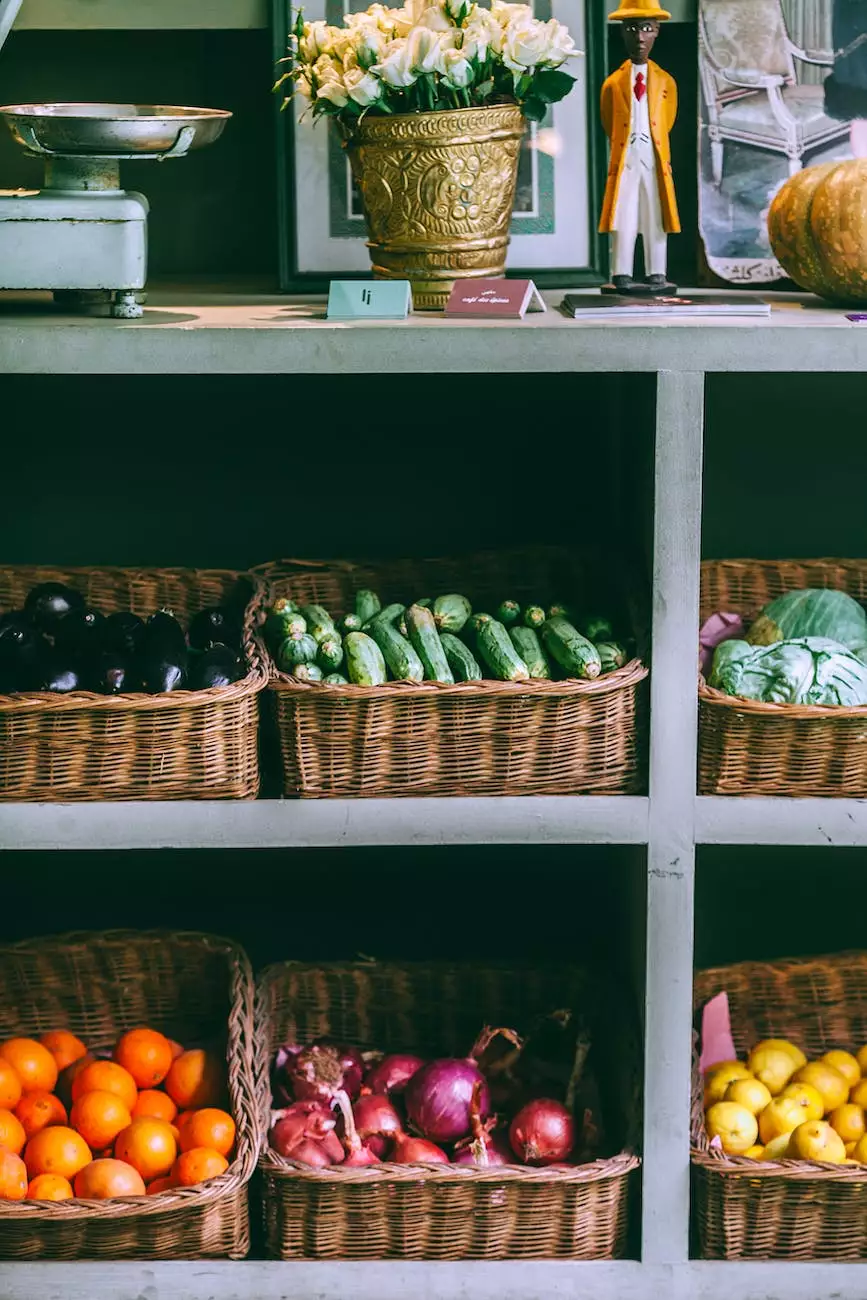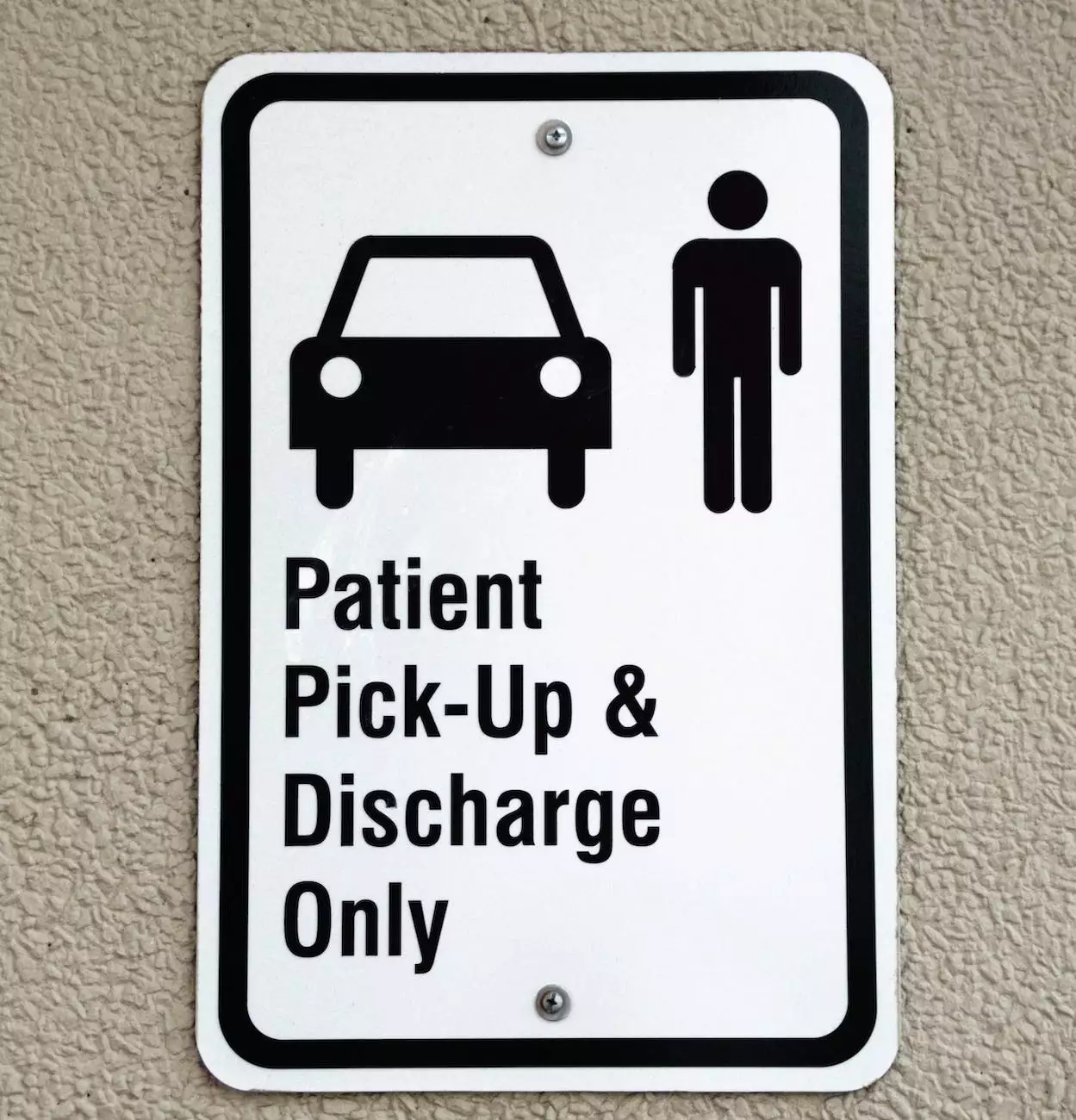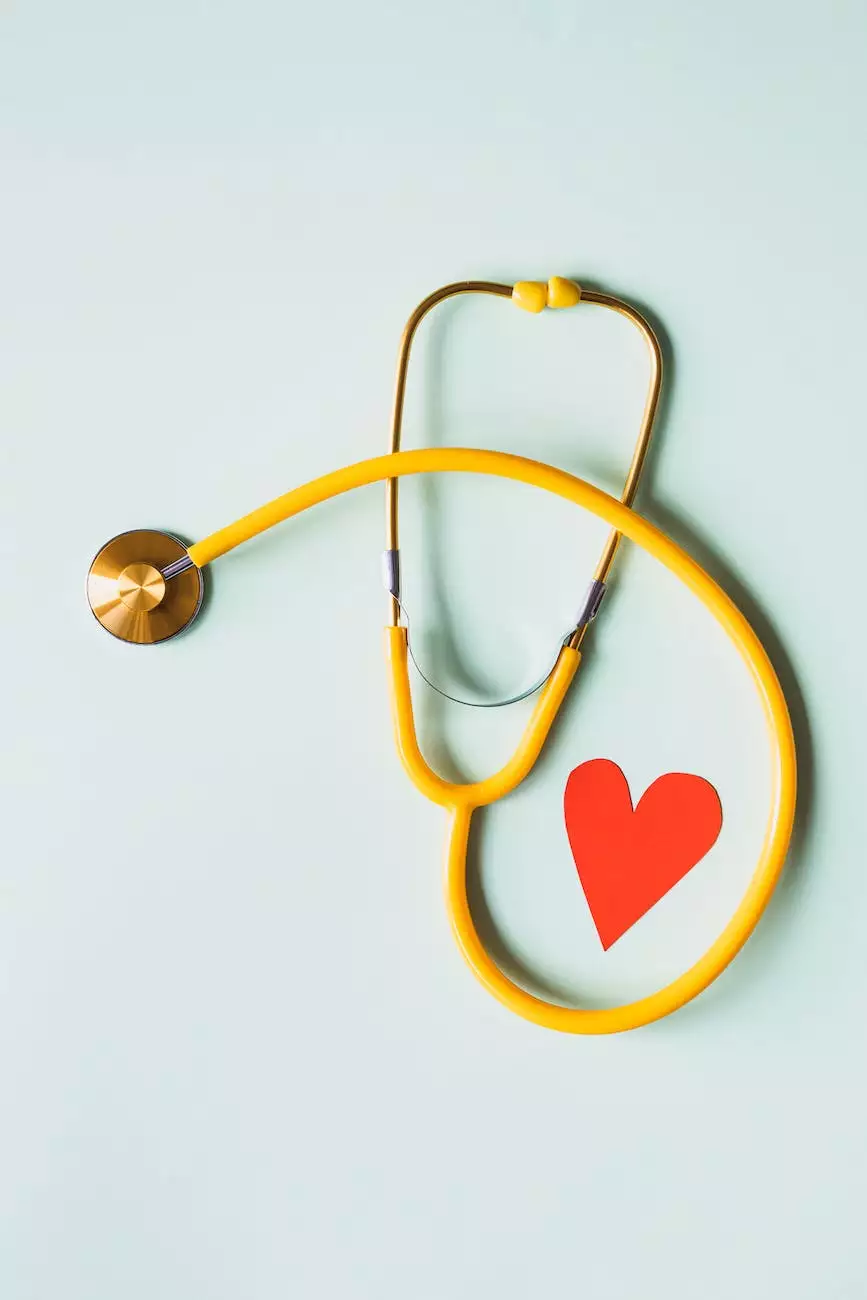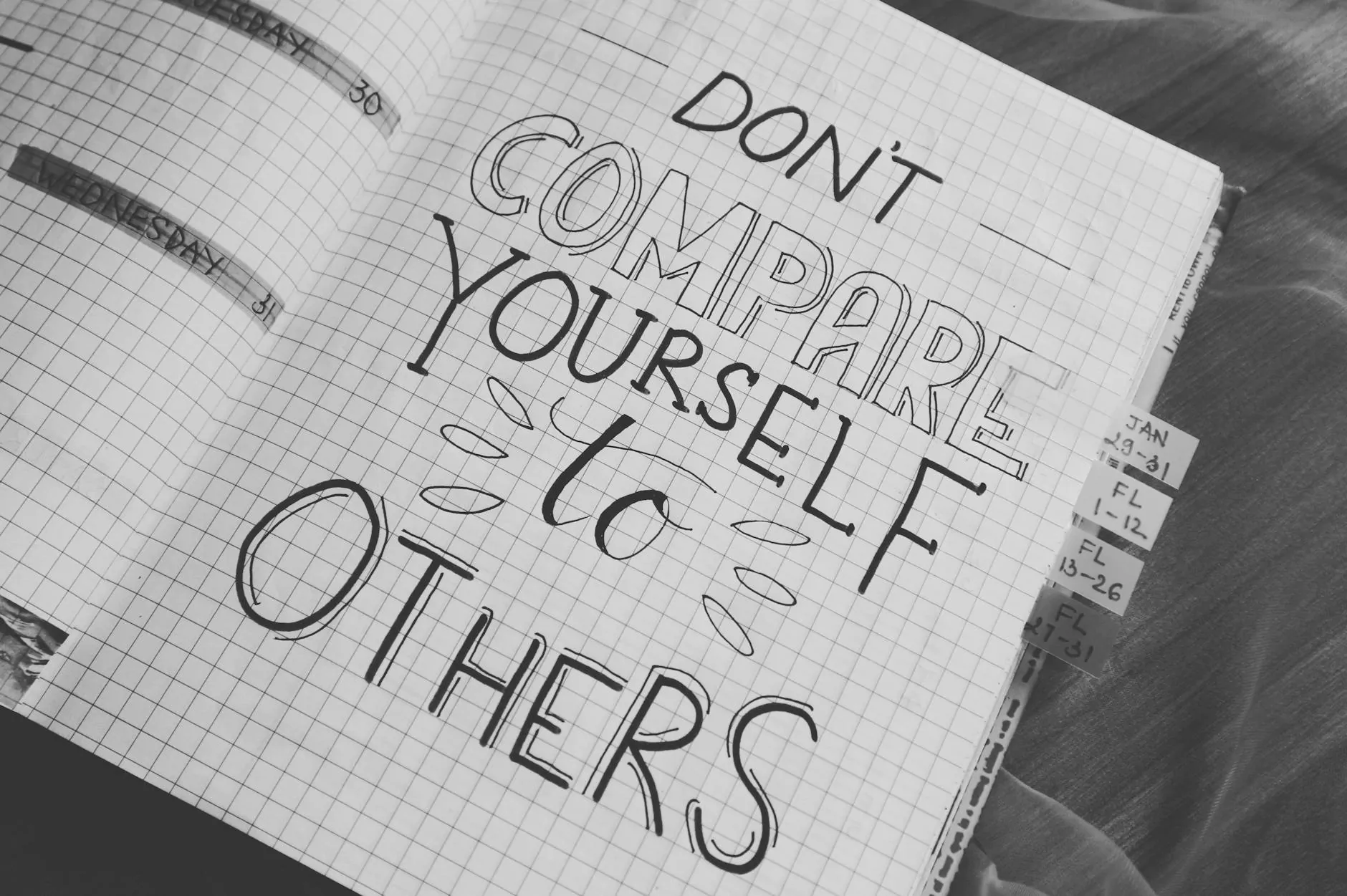Lower Blood Pressure Naturally

Introduction
Welcome to Jenny Demeaux's dedicated page on lowering blood pressure naturally. If you're looking for effective, evidence-based strategies to improve your cardiovascular health without relying solely on medications, you've come to the right place. As a registered nurse and naturopathic doctor, Jenny Demeaux combines her knowledge in both fields to provide comprehensive guidance on reducing blood pressure levels naturally.
The Importance of Lowering Blood Pressure
High blood pressure, also known as hypertension, is a common health condition that can lead to serious cardiovascular problems if left uncontrolled. Elevated blood pressure puts strain on the heart and blood vessels, increasing the risk of heart attacks, strokes, and other health complications. Lowering your blood pressure is crucial for maintaining a healthy heart and reducing the risk of these conditions.
Lifestyle Modifications
One of the primary ways to lower blood pressure naturally is through lifestyle modifications. By making simple yet effective changes to your daily routines, you can significantly improve your cardiovascular health. Some key lifestyle modifications include:
- Physical Activity: Engaging in regular aerobic exercise, such as brisk walking, swimming, or cycling, can help lower your blood pressure. Aim for at least 30 minutes of moderate-intensity exercise most days of the week.
- Healthy Diet: Following a diet rich in fruits, vegetables, whole grains, and lean proteins while limiting sodium, saturated fats, and processed foods can have a positive impact on your blood pressure levels.
- Weight Management: Maintaining a healthy weight or losing excess pounds can significantly lower blood pressure. Combining a nutritious diet with regular exercise can help you achieve and maintain a healthy weight.
- Stress Reduction: Chronic stress contributes to elevated blood pressure. Incorporating stress-reducing techniques such as meditation, deep breathing exercises, or practicing mindfulness can have a calming effect on both the body and mind.
- Limited Alcohol Consumption: Excessive alcohol intake can raise blood pressure levels. If you choose to drink, do so in moderation (up to one drink per day for women and up to two drinks per day for men).
- Quitting Smoking: Smoking damages blood vessels and increases the risk of developing hypertension. Quitting smoking is essential for your overall health and can significantly improve blood pressure readings.
Dietary Approaches
In addition to general dietary recommendations, certain specific approaches have shown promise in lowering blood pressure naturally. These include:
The DASH Diet
The Dietary Approaches to Stop Hypertension (DASH) diet emphasizes consuming foods rich in nutrients that are known to help lower blood pressure. These include fruits, vegetables, whole grains, low-fat dairy products, lean proteins, and nuts. By following the DASH diet, individuals can achieve blood pressure reductions within several weeks.
Reduced Sodium Intake
Excessive sodium consumption has been linked to high blood pressure. It is recommended to limit sodium intake to no more than 2,300 milligrams per day. Reducing salt intake by avoiding processed foods, using herbs and spices to season meals, and reading food labels can help you stay within the recommended limits and lower your blood pressure levels.
Natural Remedies and Supplements
Alongside lifestyle modifications and dietary changes, certain natural remedies and supplements may provide additional support in lowering blood pressure. It's important to note that these should be used under the guidance of a healthcare professional. Some commonly studied natural remedies and supplements include:
- Garlic: Garlic has been shown to have potential blood pressure-lowering effects. Whether consumed fresh, as an extract, or in supplement form, garlic may help modestly reduce blood pressure levels.
- Hawthorn: Hawthorn is an herb traditionally used for cardiovascular health. Some studies suggest it may aid in blood pressure management, but further research is needed to determine its effectiveness.
- Omega-3 Fatty Acids: Found in fatty fish, flaxseeds, and walnuts, omega-3 fatty acids have been linked to improved heart health. Incorporating these healthy fats into your diet or taking supplements might help lower blood pressure.
- Coenzyme Q10: Coenzyme Q10 is an antioxidant that plays a crucial role in cellular energy production. Some research suggests that Coenzyme Q10 supplementation may contribute to modest blood pressure reductions.
Conclusion
Lowering your blood pressure naturally is an achievable goal with the right knowledge and dedication. By implementing lifestyle modifications, following specific dietary approaches, and considering natural remedies and supplements under professional guidance, you can improve your cardiovascular health and reduce the risk of complications associated with high blood pressure. Consult with Jenny Demeaux, RNC ND, for personalized advice and expert support on your journey to lower blood pressure levels and maintain a healthy heart.










